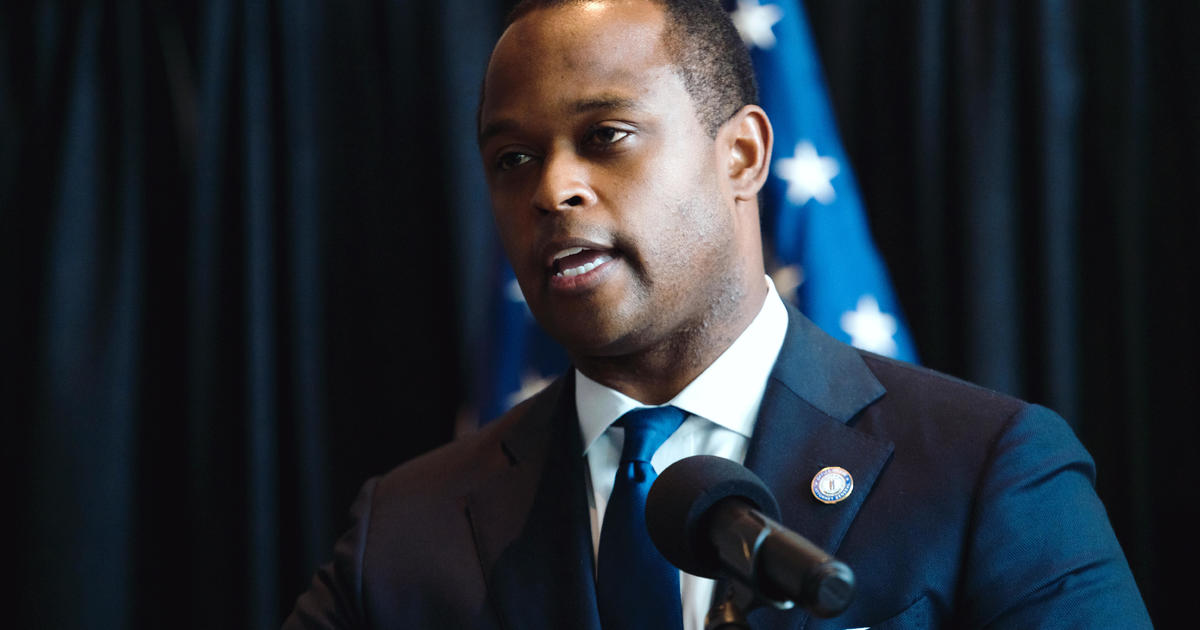Kentucky Attorney General Daniel Cameron said Tuesday that he never recommended murder charges against police officers for Breonna Taylor’s death. The grand jury handed down no charges in connection with Taylor’s death.
“Ultimately our judgment is that the charge that we could prove at trial beyond a reasonable doubt was for wanton endangerment against Mr. Hankison,” Cameron said in an exclusive interview with WDRB-TV.
Former detective Brett Hankison faces three counts of wanton endangerment for shots fired into a neighbor’s apartment. He pleaded not guilty on Monday.
The other two officers who fired the shots at Taylor including the one that killed her, Myles Cosgrove and Jonathan Mattingly, were not indicted on any charges and remain on the force.
Cameron said while some demanding accountability against the officers feel justice was not served, he says the facts won out.
“I cannot fashion the facts in such a way to meet a narrative that in many ways had already been put out there before the facts had been put out there,” he said.
Taylor’s family attorney Ben Crump said the upcoming release of the grand jury recordings is one small step toward justice. Cameron is expected to give the recordings to a judge on Wednesday. It wasn’t immediately clear how they’ll be made public.
“We continue to ask for full transparency,” Crump said. “We at least want to know that it’s equal justice under the law for Black people as victims, not only when Black people are accused of crimes.”
One of the jurors is asking for permission to speak publicly and says they want to talk about what might not be in the recordings — possible charges and defendants not presented to them.
The attorney for the anonymous juror said his client felt compelled to take action based on how Cameron presented the grand jury’s findings last week.
“My client wants to make sure that anything that happened in there becomes something of public knowledge to the extent that is legally allowed too,” Kevin Glogower said at a press conference.
When CBS News correspondent Adriana Diaz asked if releasing the filings could set a precedent where grand jurors won’t be able to trust that proceedings remain private, Glogower said, “It would be more dangerous to set a precedent to not disclose everything to the public that you’re allowed to.”
Yvette Gentry, Louisville’s incoming interim police chief and the first woman in that role, said one of her first orders of business is to regain trust from the public.
“I think you have to acknowledge that some of the reasons why they don’t trust it is because some of the basic information has been skewed,” she said. “And I understand what it feels like to be angry and neutralized and upset, both from what the protesters are feeling and the officers as well.”
The grand juror requesting to speak not only wants recordings to be released, they’ve also petitioned the court to release all transcripts and reports. There is no timeline for when a judge might rule on the grand juror’s request, but their attorney said he is hopeful it might happen within “a couple weeks.”
